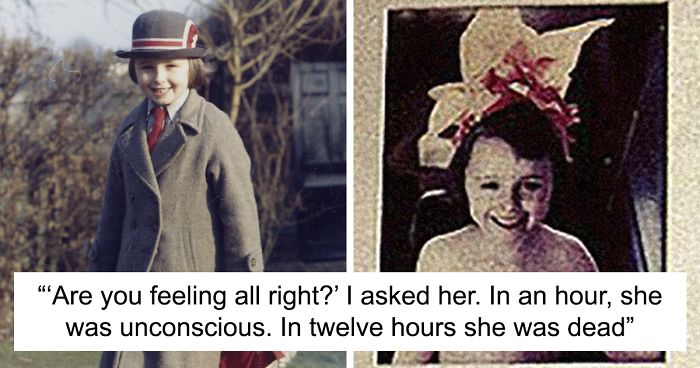
The Way Roald Dahl Shut Down Anti-Vaxxers After Losing His Daughter To Measles Is Surprisingly Relevant Today
My favorite author as a child, Roald Dahl’s books filled my imagination with tales of wonder and adventure while teaching me important life lessons about kindness, independent thought, and humility. Nearly 20 years after his passing, this brilliantly insightful man is still inspiring the minds of people young and old, and his writing is just as relevant as ever.
Image credits: Shutterstock
As well as whimsical classics such as The BFG, Charlie and the Chocolate Factory and Matilda, Dahl penned a few essays in the interest of public health and safety. This heartbreaking letter about the tragic death of his daughter Olivia, who passed away in 1962 from complications of the measles virus, is essential reading for those of you in doubt about vaccinating your children.
Image credits: wikipedia
Here’s what people had to say about the powerful letter
242Kviews
Share on FacebookPeople, please, please, please vaccinate. You may not get sick, but you can still be a carrier for the disease, and (unwillingly) spread it around, especially to those who have a compromised immune system. And to those people, it can be fatal.
@fuggnuggins https://www.webmd.com/brain/autism/do-vaccines-cause-autism#1 The research is clear: Vaccines don’t cause autism. So stfu.
Load More Replies...Antivaxxers have no credible medical reports upon which to base their decisions. It began with Wakefield's (now retracted) inaccurate paper, was spead by idiotic celebrities (much like herpes), and has been embraced by the portion of the US who believe everything celebs tell them. The children are the ones who suffer.
You're right. I just realized that the first time I heard about it was when Jenny McCarthy started talking about it!
Load More Replies...I like it how he uses the word "immunisation". Language matters a lot, as particular words help shaping particular thoughts. "Vaccine" doesn't sound friendly indeed. If you know what it is, you'll percieve the term as merely "medicine". But it does bring cold images of laboratories, experiments, etc. "Immunisation", on the other hand, is very specific about its objective. It brings senses of trust and a positive curiosity, the one that makes you wanna try. Interesting, really. Maybe we should re-adopt this word into common speech.
Daria B is referring to the use of the word 'immunisation (or immunization) as opposed to the word 'vaccination'...not the difference in spelling between the US and Britain.
Load More Replies...People, please, please, please vaccinate. You may not get sick, but you can still be a carrier for the disease, and (unwillingly) spread it around, especially to those who have a compromised immune system. And to those people, it can be fatal.
@fuggnuggins https://www.webmd.com/brain/autism/do-vaccines-cause-autism#1 The research is clear: Vaccines don’t cause autism. So stfu.
Load More Replies...Antivaxxers have no credible medical reports upon which to base their decisions. It began with Wakefield's (now retracted) inaccurate paper, was spead by idiotic celebrities (much like herpes), and has been embraced by the portion of the US who believe everything celebs tell them. The children are the ones who suffer.
You're right. I just realized that the first time I heard about it was when Jenny McCarthy started talking about it!
Load More Replies...I like it how he uses the word "immunisation". Language matters a lot, as particular words help shaping particular thoughts. "Vaccine" doesn't sound friendly indeed. If you know what it is, you'll percieve the term as merely "medicine". But it does bring cold images of laboratories, experiments, etc. "Immunisation", on the other hand, is very specific about its objective. It brings senses of trust and a positive curiosity, the one that makes you wanna try. Interesting, really. Maybe we should re-adopt this word into common speech.
Daria B is referring to the use of the word 'immunisation (or immunization) as opposed to the word 'vaccination'...not the difference in spelling between the US and Britain.
Load More Replies...
 Dark Mode
Dark Mode 

 No fees, cancel anytime
No fees, cancel anytime 






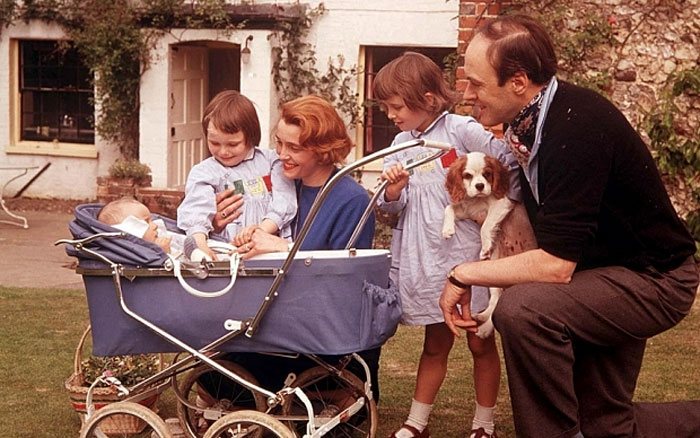
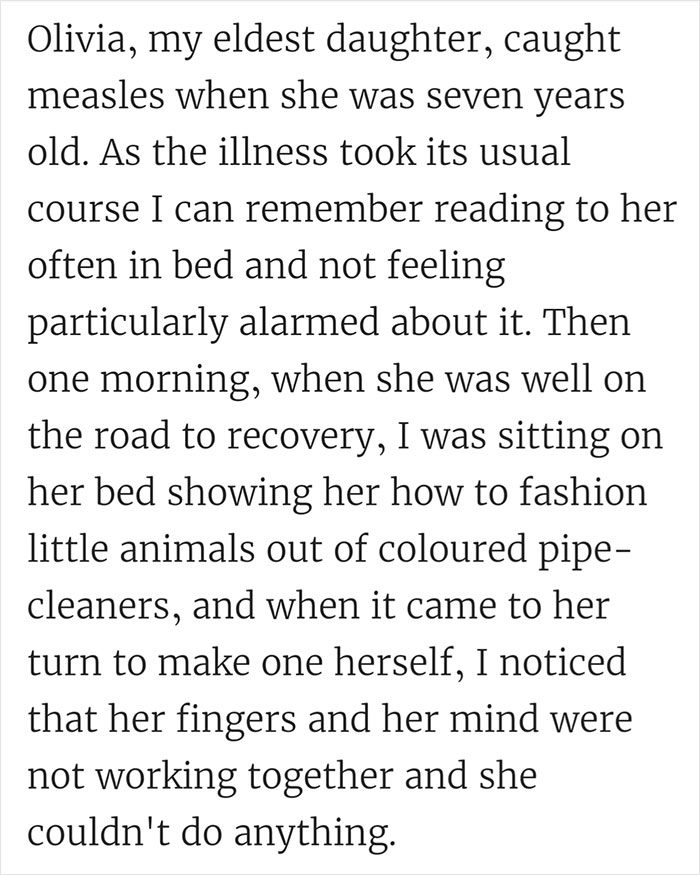
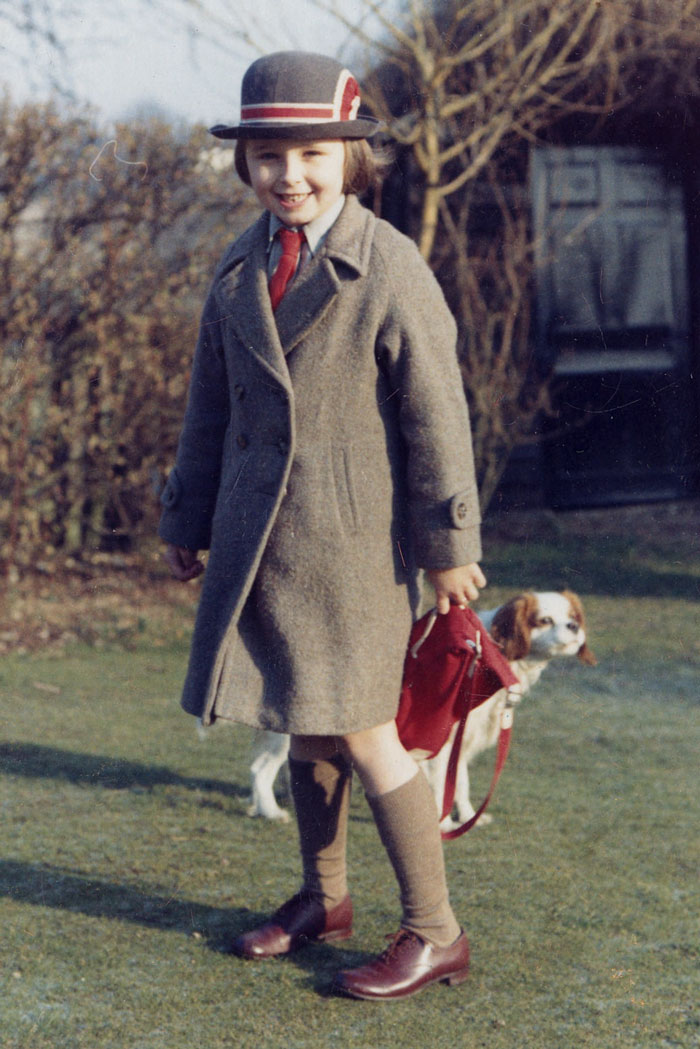
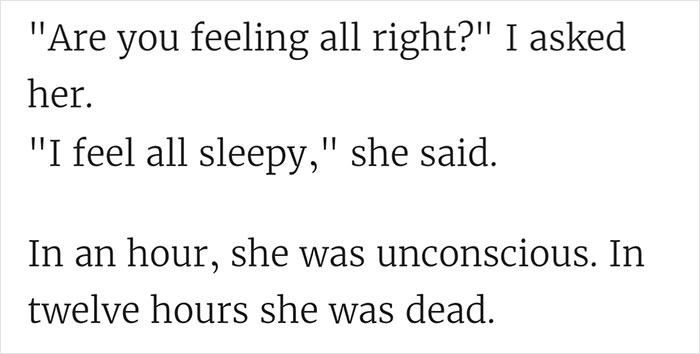
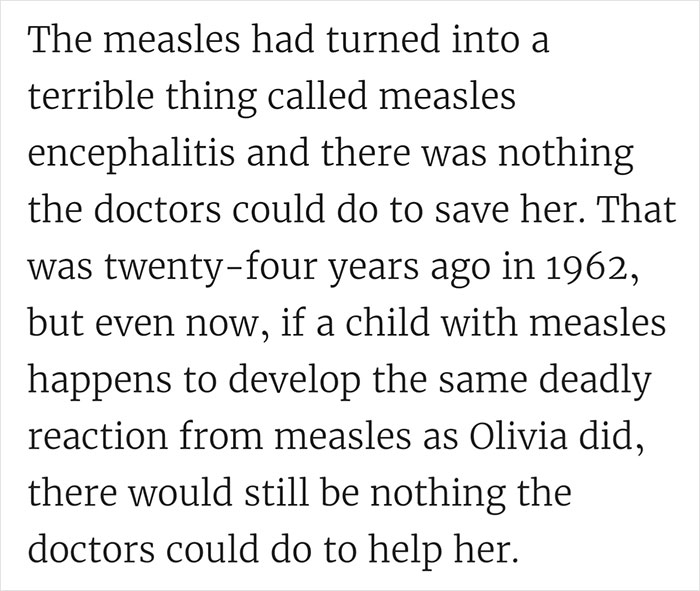
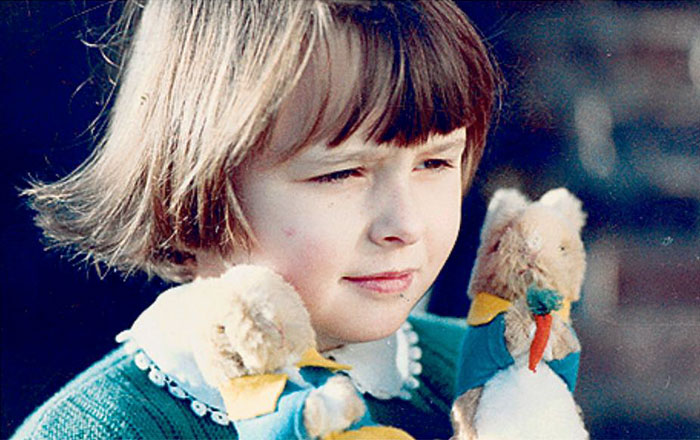
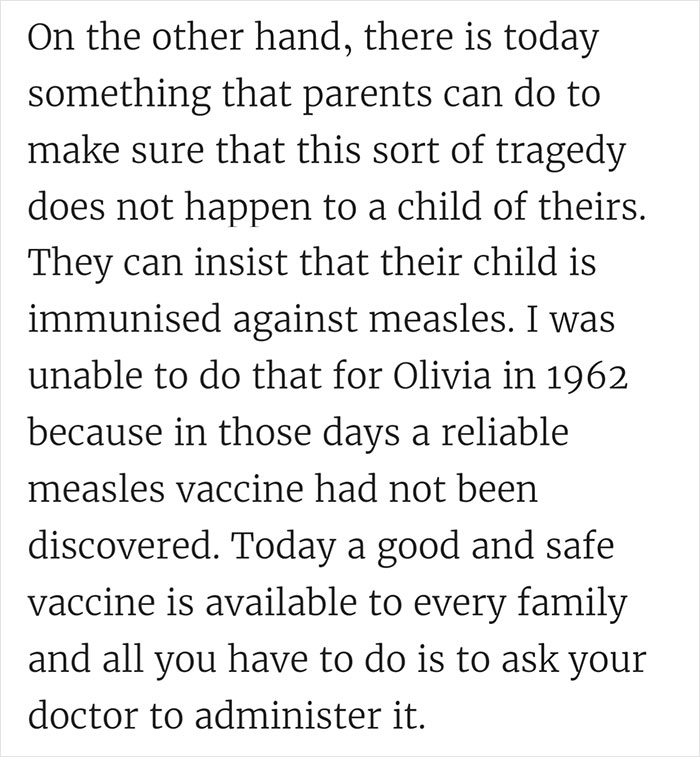
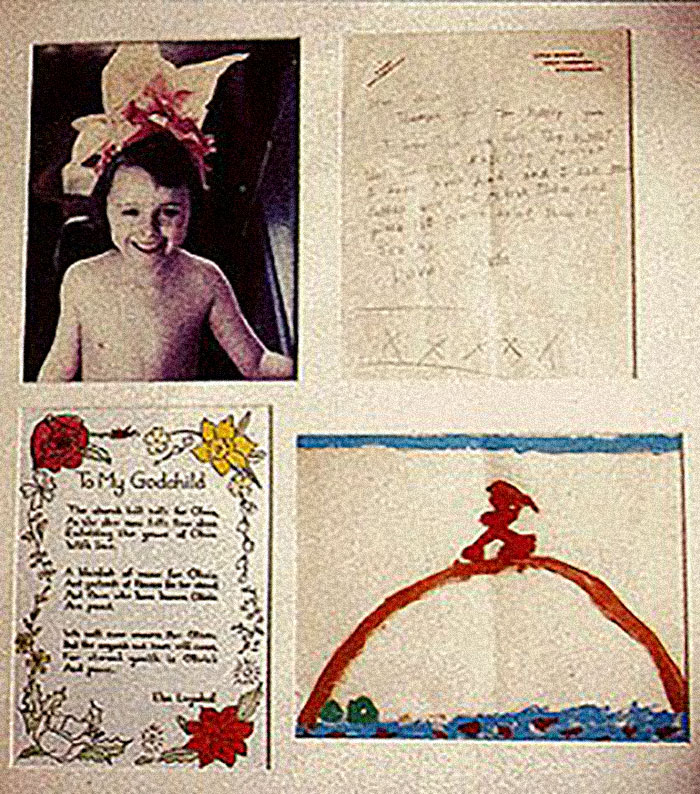
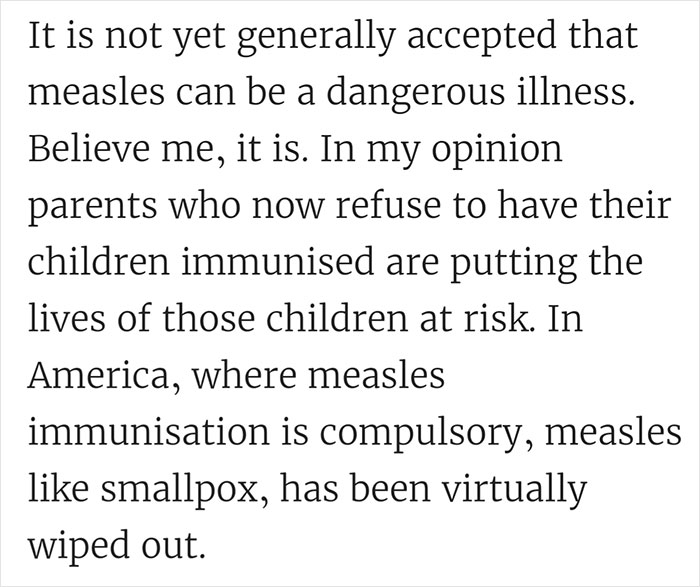
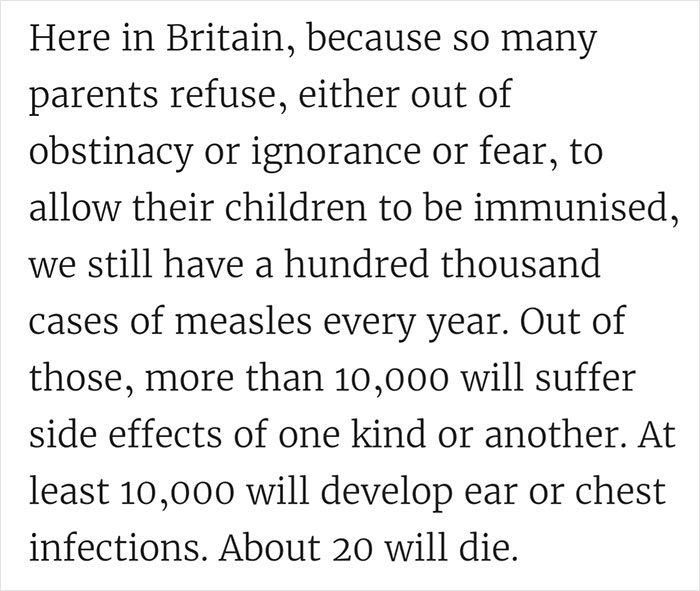
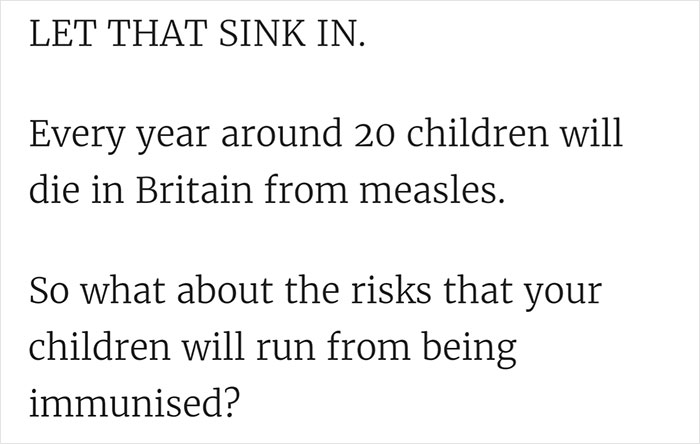
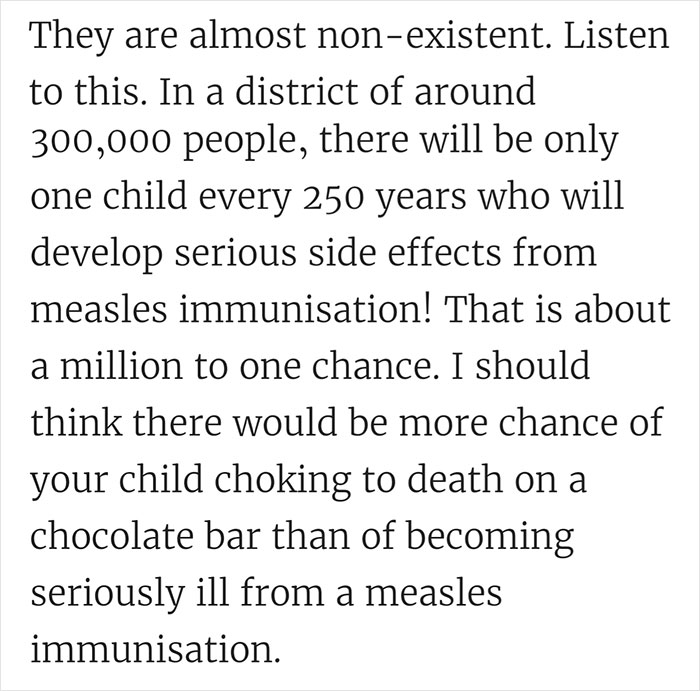

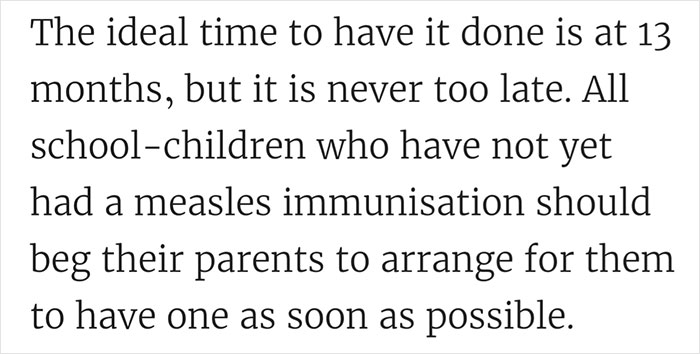
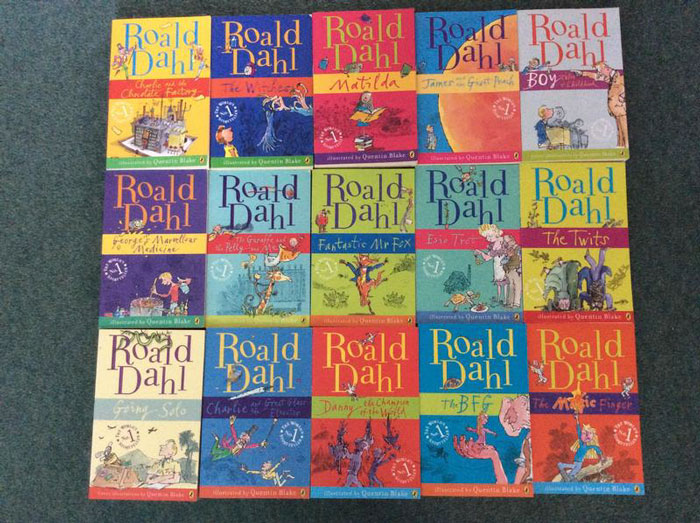
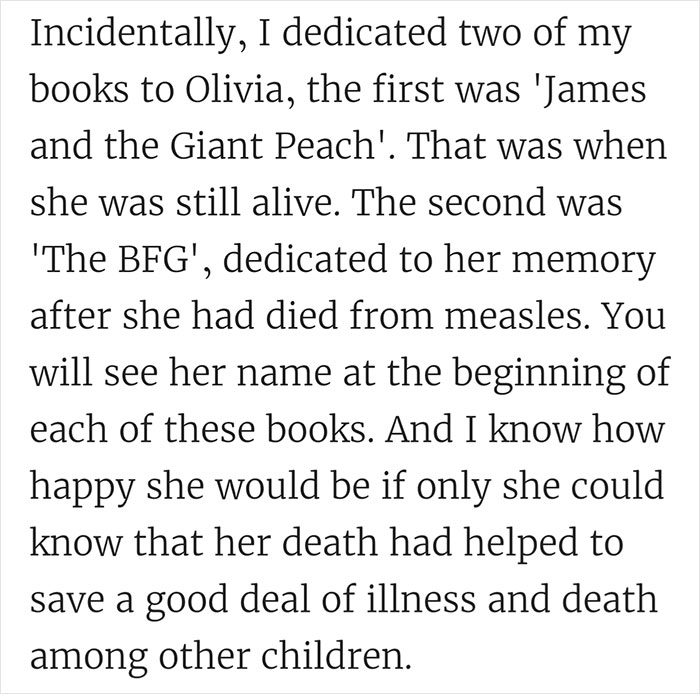
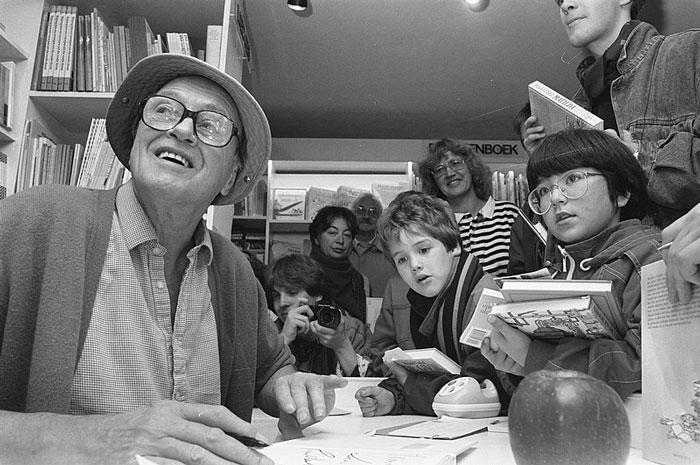



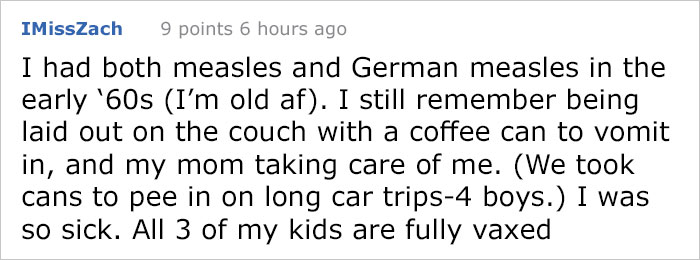










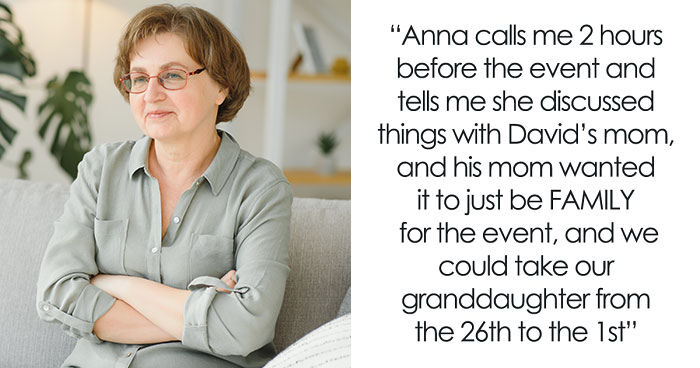
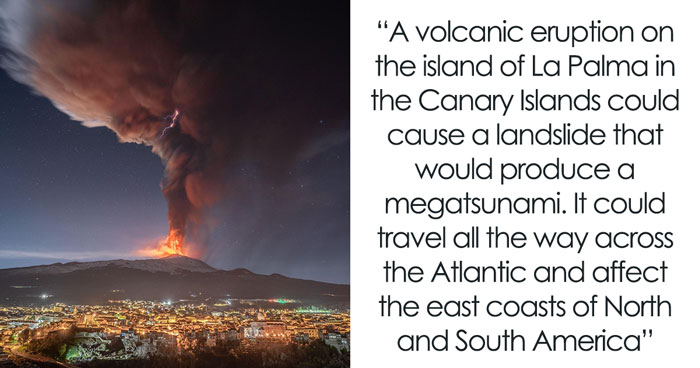
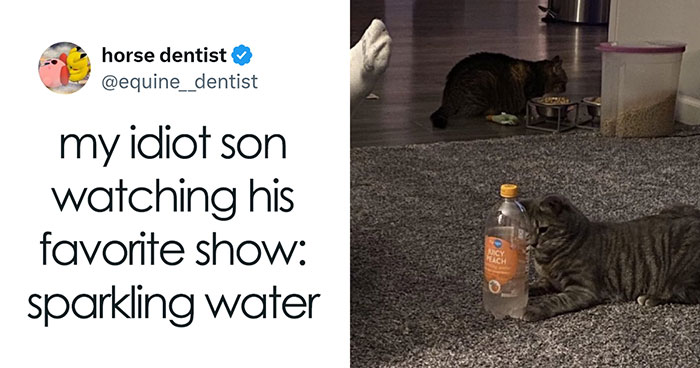

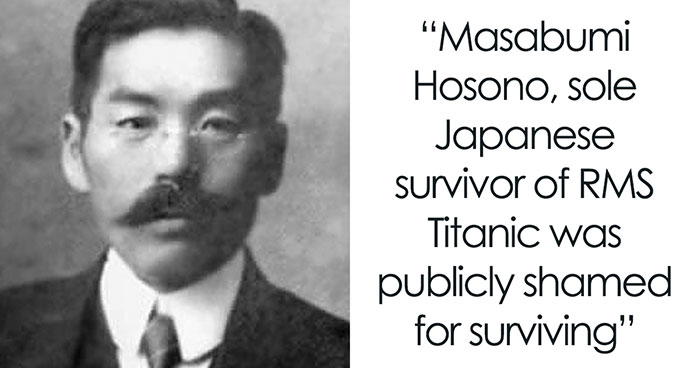






























357
93